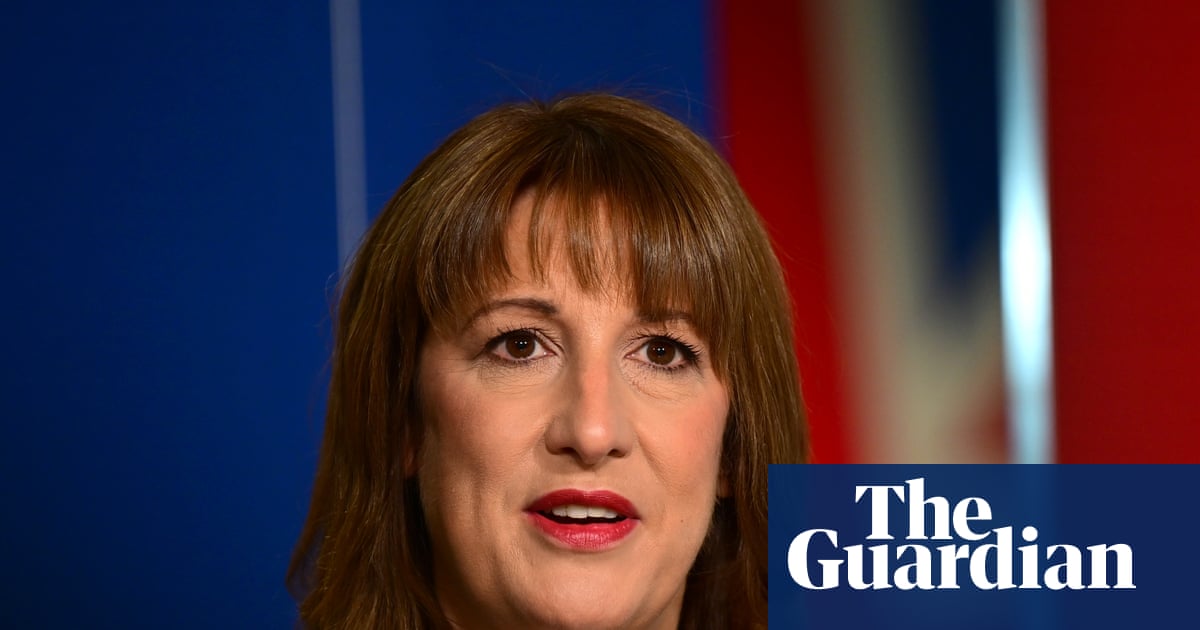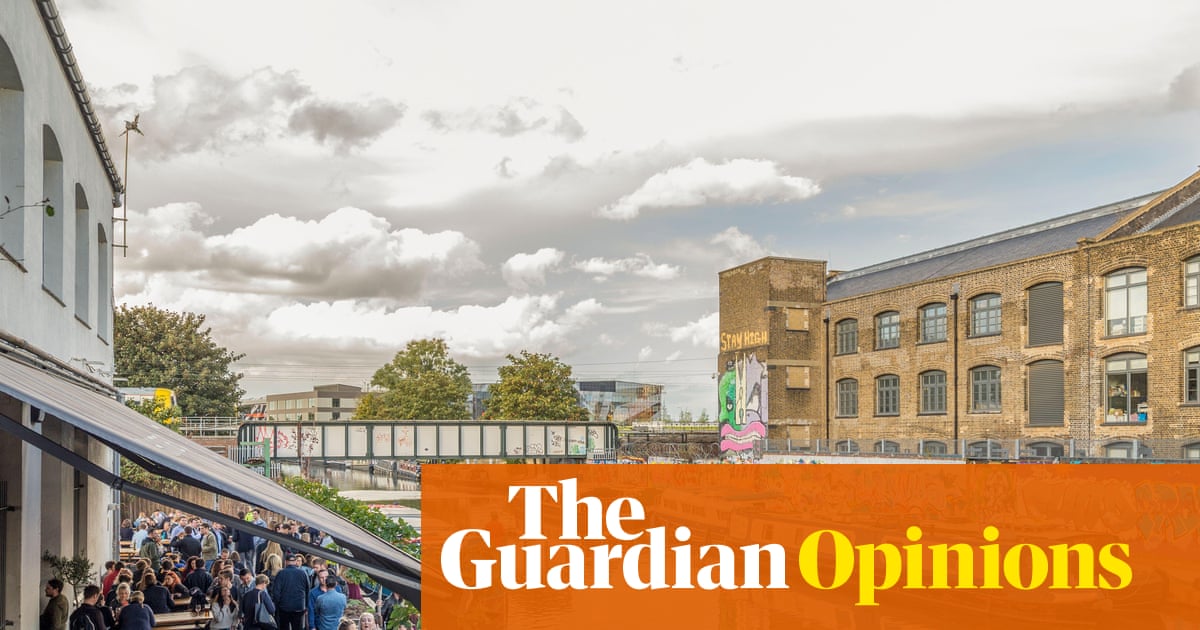The size of Tommy Robinson’s “unite the kingdom” rally, as well as the violence of some protesters, should serve as a wake-up call for British democrats. It’s now time to abandon the failed fantasies and strategies. Time to accept that Britain, or more specifically, England – as the far right is much less prominent in Scotland and Wales – is not an exception to the global trend.
Here are some home truths from abroad. After this rally, the centre left should finally put to bed Labour’s illusion that it can compete with the far right on anti-immigration issues. As I argued in the Guardian in 2019: “Copying the far right isn’t going to save the left.” If decades of experiences in the rest of western Europe won’t convince Keir Starmer, then hopefully a recent authoritative study on his own policies will. Adopting nativist discourse and policies does not win back far-right voters. It leads to losses for centrist and leftwing parties. Moreover, it raises the salience of the topic and the expectations of the government, which will always fall short in the eyes of far-right voters, as the “unite the kingdom” rally shows painfully.
For the centre right, the rally should end its fantasies that Brexit has prevented the rise of the far right in the UK. Obviously, that didn’t happen. The “unite the kingdom” rally follows a summer of anti-immigrant rallies, while Reform UK has been polling first for months now, not just replacing the Tories as the party of the right, but also eclipsing Labour. This is not surprising, as Nigel Farage’s various parties were never mere single-issue parties. In fact, Farage had already moved on to the immigration issue before Brexit, while immigration was the key issue for Brexit supporters in the 2016 referendum on European Union membership.
Moreover, it is high time for Britons from the left and right to shed their “British exceptionalism” and accept that the UK, and England in particular, is very much part of the fourth phase of the far right in the postwar era. This phase, which started at the beginning of this century, is characterised by the mainstreaming, radicalisation and globalisation of the far right – all of which were on display at the “unite the kingdom” rally.
It was already evident, not just in the continuous anti-migrant rhetoric and policies of the Starmer government, but also in the media coverage of the “unite the kingdom” rally. Notably, rightwing media such as the Spectator and the Telegraph exaggerated the number of protesters, while bending over backwards to emphasise that this was a “normal” rally and that the protesters were “no racists”.
Several years ago, Tommy Robinson, or more accurately, Stephen Yaxley-Lennon – an extreme-right activist with multiple criminal convictions – was too toxic for anyone with something to lose in British politics and society to associate with. Today, he is the major challenger to Farage for the voice of the nativist right. That also explains, in part, why Farage continues to keep his distance from him.
Finally, the rally clearly illustrated the increasing globalisation of the far right, with speeches from international figures such as French politician Éric Zemmour and South African-US billionaire tech bro Elon Musk. (Steve Bannon from the US was slated to speak, but did not.) Musk is of particular importance here, as he has repeatedly expressed his preference for Robinson over Farage. Musk has been weighing in on far-right politics in various European countries, including Germany, where he made online appearances at meetings of the extreme-right Alternative für Deutschland (AfD) party, even claiming that “only AfD can save Germany”.
In short, Britain is not exceptional and Brexit did not solve its far-right problem. If there is one thing that British democrats should learn from the activities of the far right, it is to look for lessons and support beyond the UK’s shores.
They should heed the mistakes of others. Both Labour and Tories must see that copying the far right does not work. And Labour has to accept that it has not lost most of its voters to Reform but to the Liberal Democrats and Greens.
after newsletter promotion
Moreover, given the increased fragmentation of British politics – again, a broader phenomenon evident in other countries – democrats must accept that they will be increasingly dependent on coalition politics. The natural coalition partners of Labour are the centrist and leftwing parties, particularly as long as the Tories continue to try to out-Reform Reform. So Labour should think ahead. Continuing its nativist, authoritarian policies and rhetoric will not only lose the party more voters to those parties, but it will also make coalition formation with them more difficult. In the future, the ability to do that may be crucial.
-
Cas Mudde is the Stanley Wade Shelton UGAF professor of international affairs at the University of Georgia, and author of The Far Right Today

.png) 1 month ago
31
1 month ago
31

















































